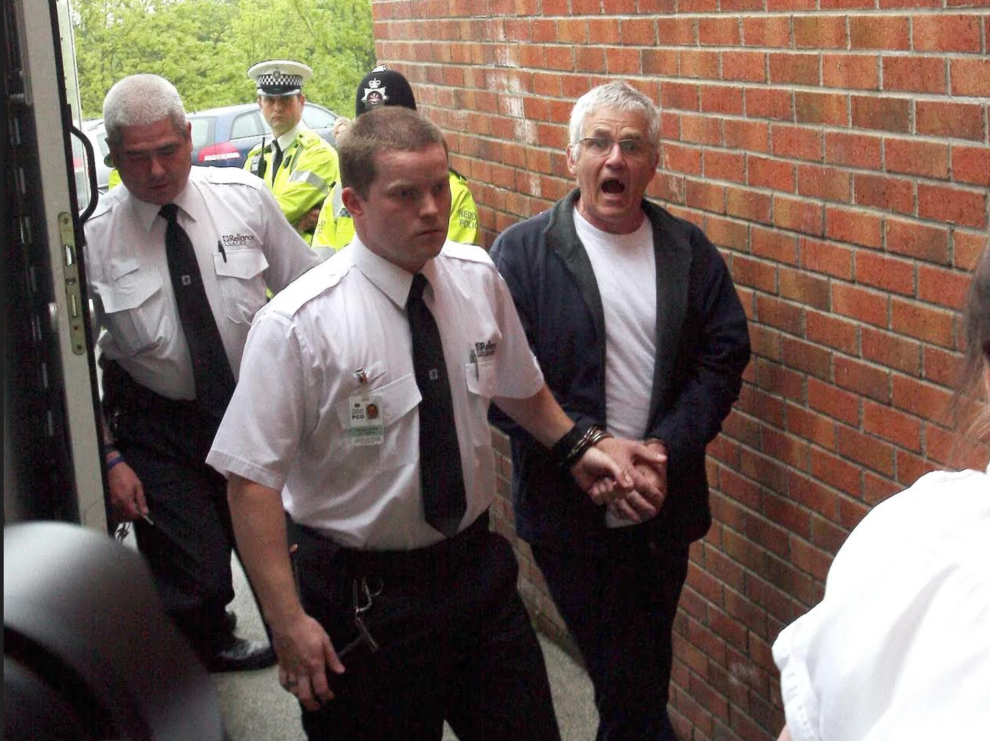THE CRIMINAL CASES REVIEW COMMISSION (CCRC) has confirmed to The Pembrokeshire Herald that it has started its review of the convictions of John Cooper, known for the infamous Pembrokeshire double murders.
Last year, Cooper submitted an application to the CCRC, prompting the Commission to re-assess his case, with substantive filings questioning the safety of his convictions.
Those applications are now being worked on by case officers.
Cooper is currently serving a life sentence for the brutal killings of siblings Richard and Helen Thomas in December 1985, and Peter and Gwenda Dixon, an Oxfordshire couple, in June 1989.
Despite an unsuccessful appeal in 2012, Cooper maintains his innocence in the crimes.
The CCRC’s role is pivotal.
If it finds anomalies in Cooper’s conviction or sentence, the case will be referred back to the Court of Appeal.
The case, which gained national attention partly due to its dramatisation in the ITV series “The Pembrokeshire Murders,” includes Cooper’s appearance on the TV game show “Bullseye” as a crucial yet circumstantial piece of evidence.
Justice John Griffith Williams, in the 2011 trial, sentenced Cooper to life imprisonment, labelling him a “very dangerous man” whose conviction relied heavily on advances in forensic science.
As readers will remember, The Pembrokeshire Herald uncovered procedural issues related to the handling of key evidence in Cooper’s case, after gaining access to previously unseen material.
The findings revealed incomplete exhibit logs, mixing of evidence samples, and an unreported flood in the storage area where they were kept.
These issues raise questions about the integrity of the evidence handling process, which is a crucial aspect of police procedure.
Despite these concerns, the Crown’s forensic evidence against Cooper was substantial and was not contested during his unsuccessful appeal in 2012.
However, with significant advancements in DNA evidence since Cooper’s trial, this aspect might influence the CCRC’s decision.
The statistics, however, indicate a challenging path ahead for Cooper. Between April 1997 and February 2023, the CCRC received 29,845 applications but referred only 811 to an appeal court.
Of the 791 cases heard, just 557 resulted in overturned verdicts, suggesting Cooper’s chances of success are relatively slim. If the CCRC is convinced that Cooper’s conviction warrants a re-examination, the likelihood of a successful appeal stands at about 70%.
Chloe Handling, from the CCRC’s press office told The Pembrokeshire Herald: “I can confirm we have received two applications for John Cooper.
“However we won’t be able to comment any further while the review is underway.”
A spokesperson for Dyfed Powys Police said: “We will comply with our obligations in any judicial process, but consider it inappropriate to provide specific comments at this time.”















